How to deal with the problem of lost goods?
Whether it's ocean freight shipping or air freight, the issue of lost goods can occur during transportation. In order to effectively solve and prevent the loss of goods, the following are common handling methods in ocean freight shipping and air freight:
Methods for handling lost goods in ocean freight shipping
1. Insurance claims:
In ocean freight shipping, after the goods are lost, the first thing to check is whether the goods have been insured against ocean freight shipping cargo insurance. If there is insurance, immediately initiate the insurance claim process. Provide relevant evidence, such as packing lists, bills of lading, photos, etc., to expedite the claim processing process.
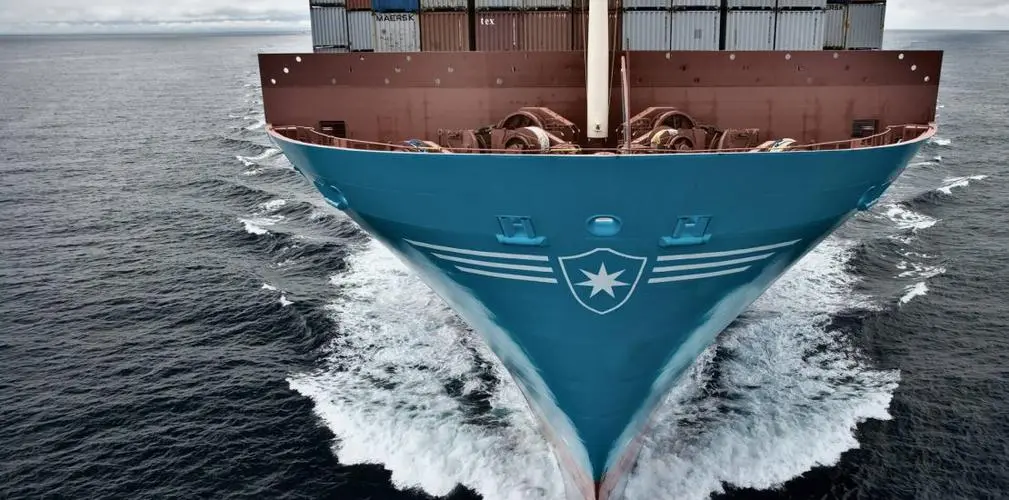
2. Accountability of shipping companies:
The loss of goods may be related to the negligence or responsibility of the shipping company. After confirming that the goods were indeed lost during the ocean freight shipping process, contact the shipping company and demand that the other party hold them accountable. Submit relevant evidence, such as packing lists, bills of lading, etc., to support accountability.
3. Contract Rights Protection:
If the loss of goods is related to the contract, compensation can be sought through the rights protection clause of the contract. Compare the liability clauses in the relevant party contracts and clarify the legal basis for pursuing compensation.
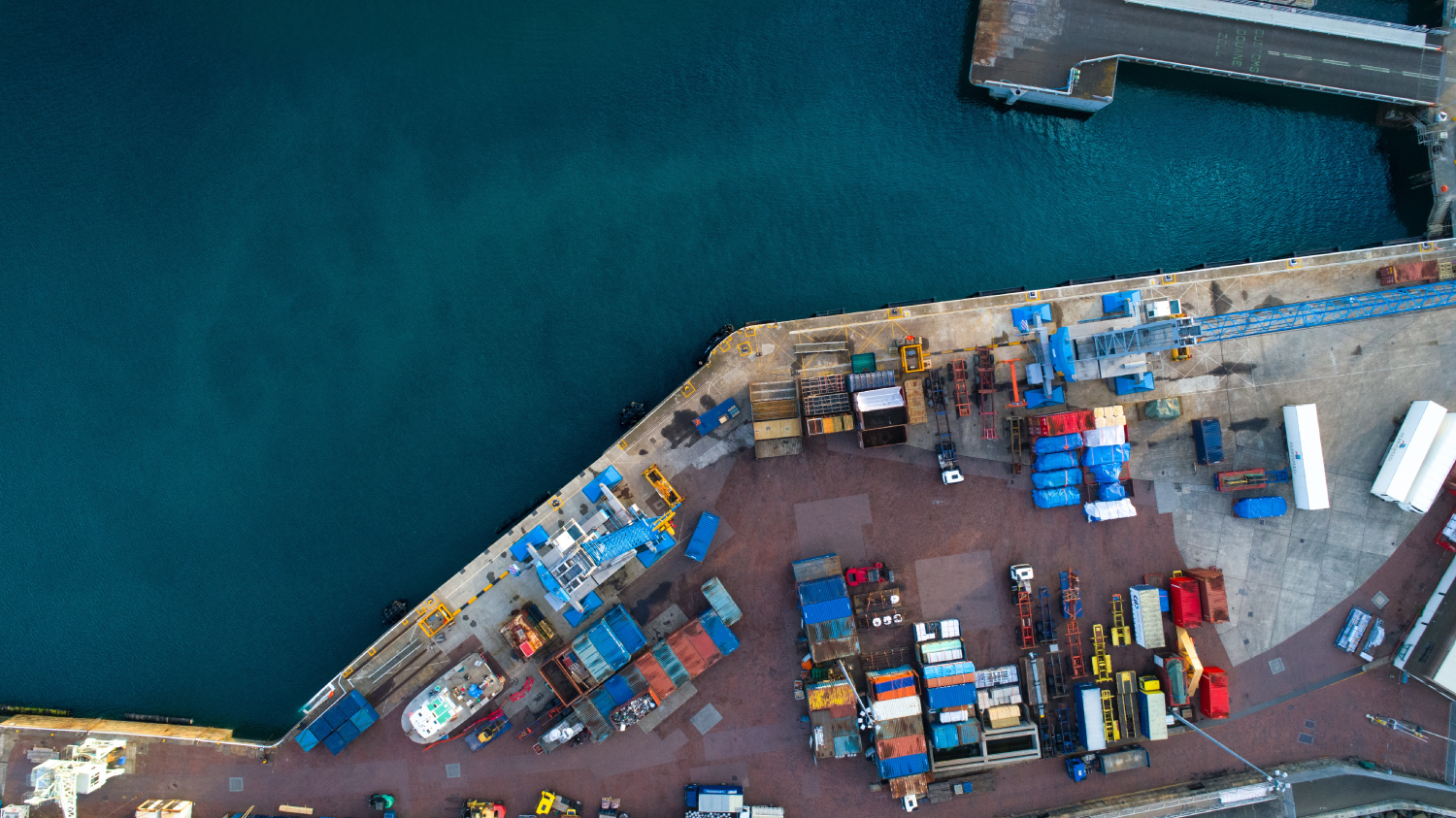
4. Investigate the flow of goods:
It is necessary to conduct a detailed investigation into the flow of goods in ocean freight shipping when they are lost. Understand the specific situation of the goods during the shipping process, in order to determine the possible links where the goods may be lost.
5. Cooperate with freight forwarding companies:
Work closely with freight forwarding companies to collaborate and solve the problem of lost goods. Freight forwarding companies usually have a deeper understanding of the transportation process and can assist in resolving problems smoothly.
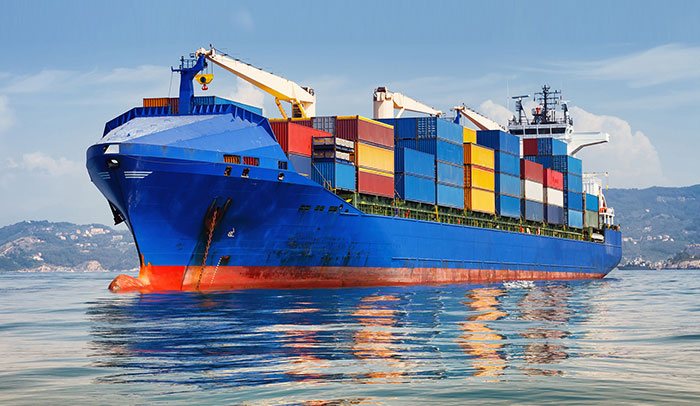
Methods for handling lost goods in air freight
1. Initiate insurance claims:
After the loss of air freight goods, first check if you have purchased air freight cargo insurance. If there is insurance, promptly initiate the claim process, submit relevant documents and evidence, such as bills of lading, invoices, photos, etc.
2. Negotiate with airlines:
The loss of goods may be related to the airline's operations. Communicate with airlines in a timely and effective manner, explain the situation, and demand accountability. Submit relevant evidence to support claims and determination of responsibility.
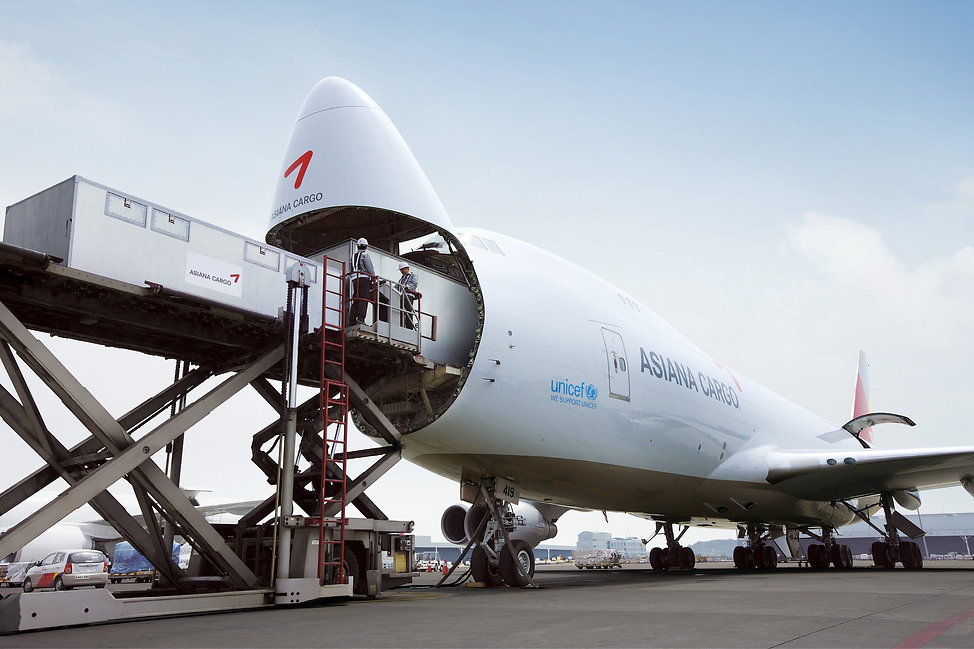
3. Contract Rights Protection:
According to the rights protection clause in the contract, seek compensation for the loss of goods. Carefully review the contract and confirm the attribution of responsibility to safeguard one's own rights and interests.
4. Investigate the flow of goods:
Conduct a detailed investigation of the flow of goods and understand the specific situation of the goods during the air freight process. So as to identify the possible reasons and links for the loss of goods.
5. Cooperate with freight forwarding companies:
Work closely with freight forwarding companies to collaborate and solve the problem of lost goods. Freight forwarding companies are usually able to provide professional advice and assistance to customers, accelerating the problem-solving process.
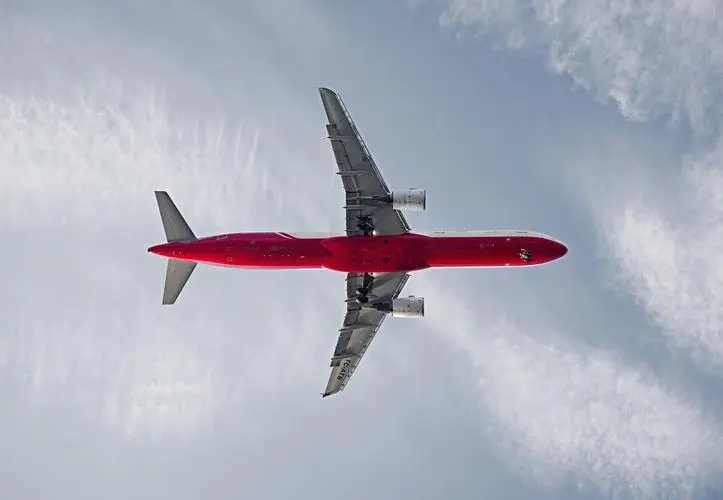
Common processing principles
1. Timely reporting:
Whether it is ocean freight shipping or air freight, it is necessary to promptly report the loss of goods to relevant parties and initiate corresponding handling procedures. Timely communication helps to quickly solve problems.
2. Preserve evidence:
Retain all evidence that may be used for claims or accountability. This includes documents, photos, communication records, etc., which helps with the subsequent rights protection and claims process.
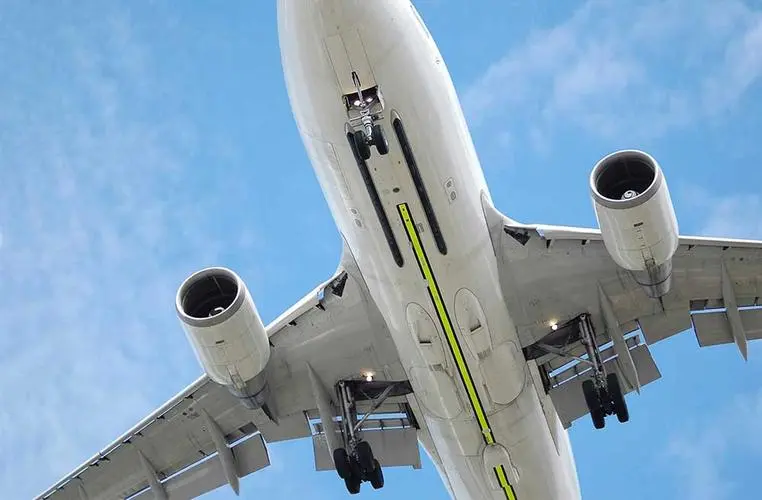
3. Collaborate with professional teams:
Collaborating with professional teams such as freight forwarding companies and insurance companies can quickly and professionally solve the problem of lost goods, ensuring customer rights.
4. Legal rights protection:
If necessary, legal channels can be sought to protect rights. Carefully review contracts and relevant regulations to ensure the legality and effectiveness of rights protection.
Conclusion:
When facing the problem of lost goods, enterprises need to adopt precise response strategies. Whether it is ocean freight shipping or air freight, timely initiation of insurance claims, cooperation with relevant parties, and retention of evidence are key steps. By accurately responding, we can maximize the protection of the rights and interests of both the enterprise and customers.




